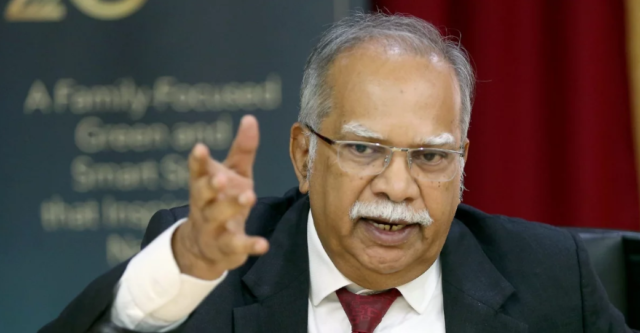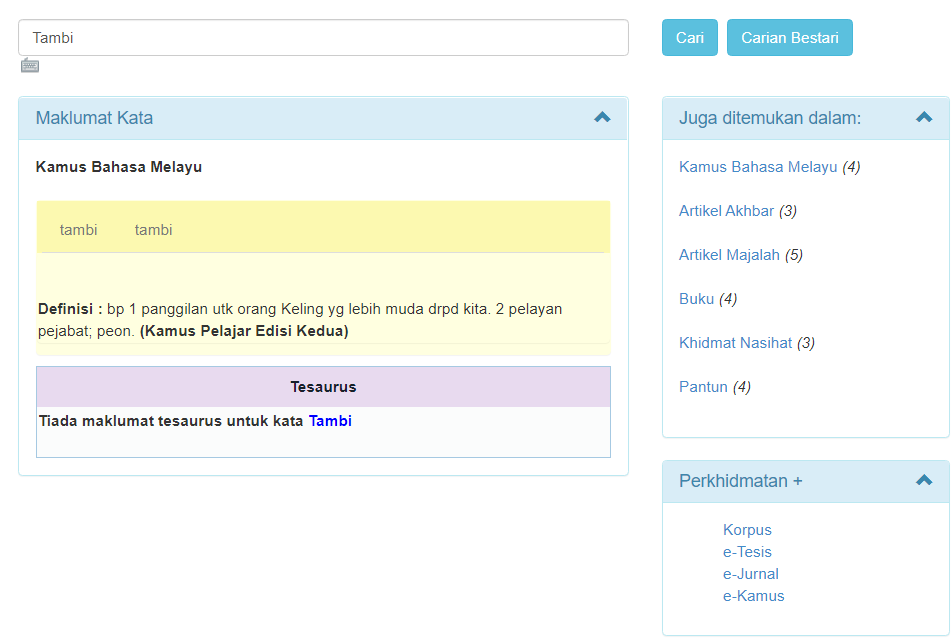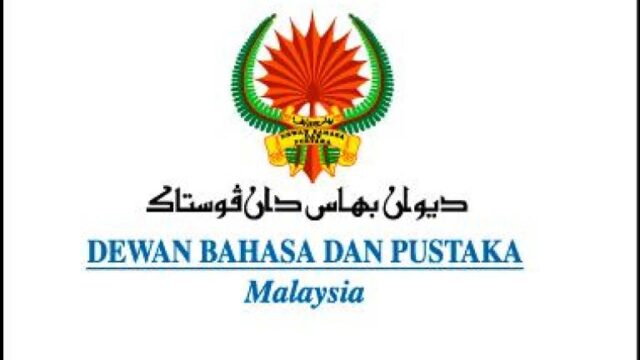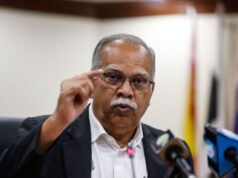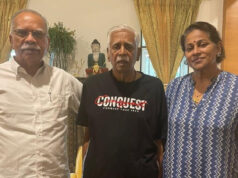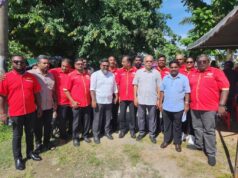Dewan Bahasa dan Pustaka (DBP) has promised to update its second version of the Kamus Pelajar (KP). This will be a small step in the direction of removing the derogatory word “Keling or Kelinga” that links to the Tamil word “Tambi” which means somebody who is younger or younger brother.
DBP should have apologised to the Indian community over the use of the word “Kelinga” and removed the offensive word immediately.
However, rather than apologising regretting for hurting the Indian community, it has merely states that it would update the KP.
This is something done ritually by DBP.
Anyway, update is not an admission of guilt or an apology.
Why is it so difficult for this government agency to offer an apology to the Indian community.
Does DBP think that Indians can be insulted and called names just because of the prevalence of insensitivity.
That this humiliation can be resolved by a mere ritualistic update.
Where is the sense of remorse and responsibility on the DBP, a premier government agency, that vets publications in Malay.
Is it because of their numerical and financial weakness or political weakness?
By saying that the KP will be updated with the removal of the word simply indicates that the premier publishing agency in the country is hardly remorseful of the act of inclusion.
The word “Kelinga” is not another name of the Indian community, it is used, then it cannot be in any sense but derogatory.
KP is not ancient literature, but a recent one.
Such an inclusion cannot be forgiven.
It is good that DBP is prepared to pull out the word to replace it with something acceptable.
The Indian community that has contributed so much for the development of the country cannot be belittled and humiliated.
The word “Kelinga” is no go in this country where racial and religious sensitivities must not be taken as granted.
In relation to this controversy, there was an article (Isu Keling: Membidas Ramasamy dengan fakta sejarah, Mkini, March 22, 2021) that seeks to question my understanding of the etymology of the word “Kelinga” by tracing its history.
What the writer is trying to say is that I don’t understand the origins of the word, if only I knew it’s history, I might not be offended by the word “Kelinga”.
While I am not disputing the reductionist history of the writer, I am not sure what is the umbrage with me on the derogatory word “Kelinga”.
The origins of the word might not have been problematic, there are places where the word is being used to refer to those who orginated from the Kalinga region of the Indian subcontinent.
I am not disputing it at all.
But in the Malaysian context, the word “Kelinga” is indeed derogatory and pejoratively used against Indians.
You don’t need historical research to come to this conclusion.
No justification, history or otherwise, can detract from the position that “Kelinga” derogatory and humiliating towards the members of the Indian community.
If non-Indians think that Indians should not be over sensitive, then they have put themselves in the shoes of Indians.
Let us see how they will react.
What if derogatory terms are used against them?
Wouldn’t they be offended.



